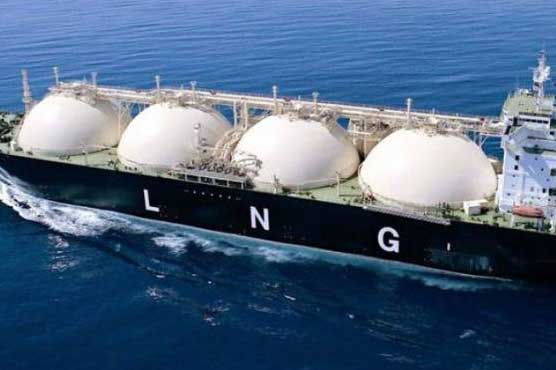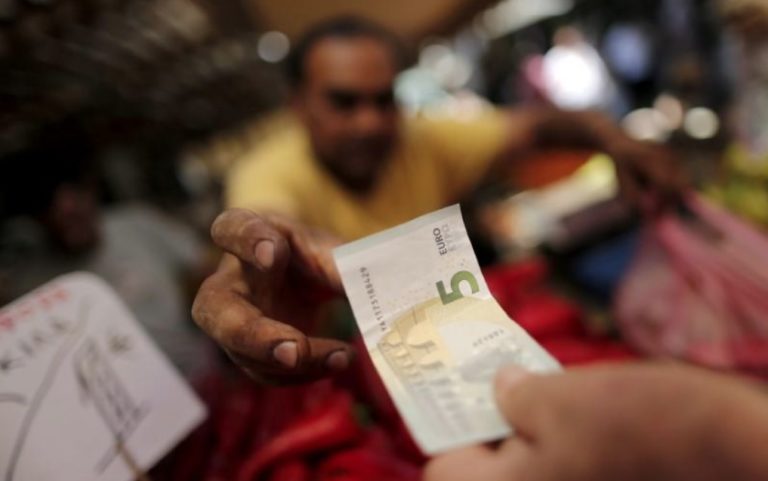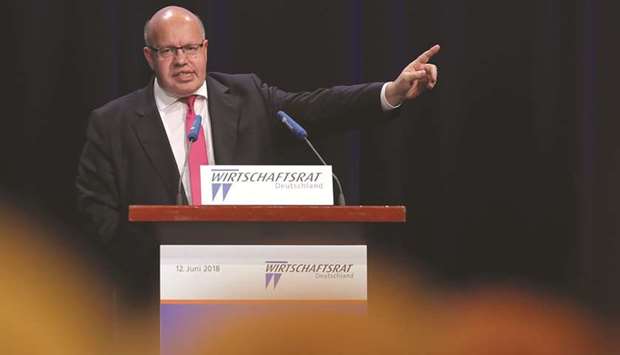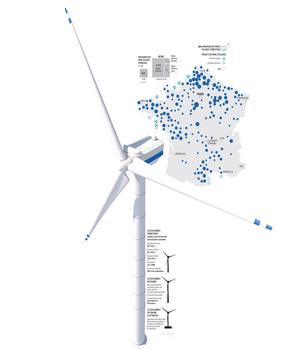LONDON (Reuters) – Clouds are gathering over the outlook for the oil market, as trade tensions and rising crude supply threaten to swamp demand growth, but some of the world’s most prominent energy investors are convinced the price will return to record highs.
The escalating trade war between the United States and China threatens global growth. The physical markets are already showing signs of strain as unwanted crude builds on ships and crushes prices for cargoes of oil. [CRU/E] [CRU/WAF] [CRU/MED]
Aside from that, interest rates around the world are rising and the dollar is strengthening, which means emerging market oil buyers are seeing their import bill growing almost daily.
Both OPEC and the International Energy Agency have warned about the risk of trade disputes to global demand growth in their most recent monthly market outlooks. [IEA/M] [OPEC/M]
Funds have cut their bullish bets on Brent and U.S. crude futures and options to their lowest in almost a year. [CFTC/] [O/ICE]
Despite all this, prominent hedge funds such as Andurand Capital and Westbeck Capital are betting oil could skyrocket to $150 a barrel from around $75 now LCOc1.
The main driver is expected to be upcoming U.S. sanctions on Iran’s energy sector, which kick in November.
“Our view is that by November 4, we will have lost between 1.3 and 1.4 million barrels (of output) a day. It is a very big number. That’s based on the view that the U.S. will allow a few temporary exception waivers …. Ultimately, we could see losses from Iran exceed 2 million barrels a day,” Jean-Louis Le Mee, chief executive officer of London-based Westbeck, said.
(GRAPHIC: Major forecasters’ estimates of oil demand growth in 2018 – reut.rs/2vIs2Xp)
U.S. President Donald Trump in May walked away from a 2015 nuclear deal between world powers and Tehran that he said was one-sided in Iran’s favour.
Trump has also blamed OPEC for the 45-percent rise in oil prices over the last 12 months and, in June, exchanged sharp words with Iran on the subject.
Pierre Andurand, who runs the $1.2-billion Andurand Commodities Fund and predicted the rise and subsequent crash in the oil price in 2008, responded on Twitter by pointing out OPEC’s spare capacity was at its lowest ever. “There is going to be a real issue,” he wrote, predicting prices above $150 per barrel within two years.
“We don’t sense a great deal of engagement yet from generalist investors. A few of them are starting to look at it now,” Will Smith, Westbeck chief investment officer said.
“This is going to catch everybody by surprise. Some of the specialists are bullish – including Pierre (Andurand), ourselves and Energy Aspects,” he said.
Aside from the risk to Iranian supply, Venezuela’s crude production, which has already collapsed as a result of economic crisis, could fall below 1 million barrels per day (bpd) by the end of the year, compared with 2 million bpd in mid-2017, Smith said.
Andurand Capital declined to comment.
Taking a contrarian view can be costly. Even Andurand took a hit in 2017 when he expected the oil price to rally sharply and, instead, it wallowed around the $50 mark.
And he wasn’t alone. A number of long-time oil investors such as U.S. commodity fund manager Andy Hall were reportedly so badly burned they shut up shop and bowed out.
Westbeck’s Energy Opportunity Fund is up 4.1 percent in the year to July 13, showed an investor presentation shared with Reuters. Andurand’s commodities fund is up 12 percent in the first six months of 2018, according to data compiled by HSBC.
The oil options market shows that, for contracts from October 2018 to December 2020, traders and investors are holding more contracts to buy crude futures – or calls – at $100 a barrel than any other.
However, in line with Westbeck’s view that $150 oil is not one that is widely shared in the investment community, that position has barely changed in the last month, having dropped by a mere 1,500 lots to just over 107,000 lots, equivalent to 100 million barrels of oil.
(GRAPHIC: Brent crude oil investors bulk up on bearish sell options – reut.rs/2P9dAQA)
By contrast, in the last month, the largest change in holdings, or open interest, has materialised in contracts to sell oil – or puts – at $60 to $65 a barrel between October 2018 and December 2020. This position has grown by nearly 45,000 lots to 140,000 lots, or 140 million barrels of oil.
A month ago, the amount of open interest in calls maturing in this time period outnumbered that of puts by nearly three to one. This ratio is now down to two to one.
“If we are right about oil going from $75 to $150 over the next 12 to 18 months, out-of-the-money oil options, further down the curve … look very exciting. The pay back there is just fantastic if we are right,” Westbeck’s Smith said.









